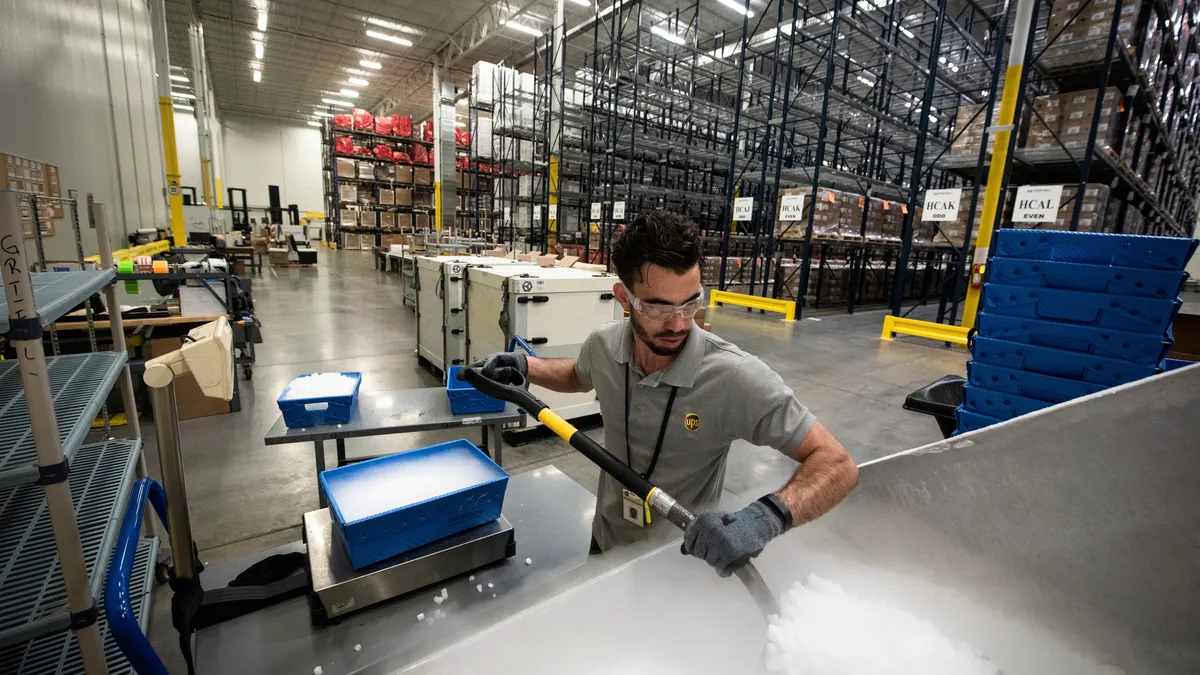Dive Brief:
- In a recent survey, more than half of manufacturing employees under age 25 said they stuck with their employers because of training and development (69%) and career opportunities (65%), according to a July 15 study from the Manufacturing Institute's Center for Manufacturing Research.
- Senior leaders are more satisfied with their companies' development programs than frontline workers; 9 in 10 leaders were satisfied, according to the survey, while only two-thirds of frontline employees said the same.
- While development is a key part of employee retention, manufacturers also should equip their frontline managers with the ability to support their workers, the Manufacturing Institute said.
Dive Insight:
Manufacturing has struggled with an image gap in its goal to attract younger workers, but other reports have shown that manufacturers that include robust employee training in their organizational visions may attract millennial and Gen Z candidates.
Workers of younger generations "expect companies to demonstrate a strong sense of purpose and want to be part of that," Tooling U-SME said in its report — and a dedication to employee careers is one way to emphasize that. Employers may have even more reason to invest in talent strategies that attract that cohort as the economy recovers; workers under the age of 25 were more likely to be laid off than those ages 35 and older, particularly at small businesses, a Gusto report showed.
Manufacturers — and other employers with deskless employees — are particularly challenged by medium for employee development. As such, employers have turned to mobile-enabled technologies that allow workers to access learning in real-time as they work, limiting disruption while still encouraging skill development.
The pandemic put these changes into overdrive, pushing employers to focus on employee training that could be accessed quickly anywhere, with flexibility to match the new world of work, one expert previously wrote for HR Dive. While traditional programs with a focus on degrees will still have their place, Jay Titus of the University of Phoenix wrote, employers now have little choice but to experiment with learning programs outside that purview due to the changes brought by COVID-19.














